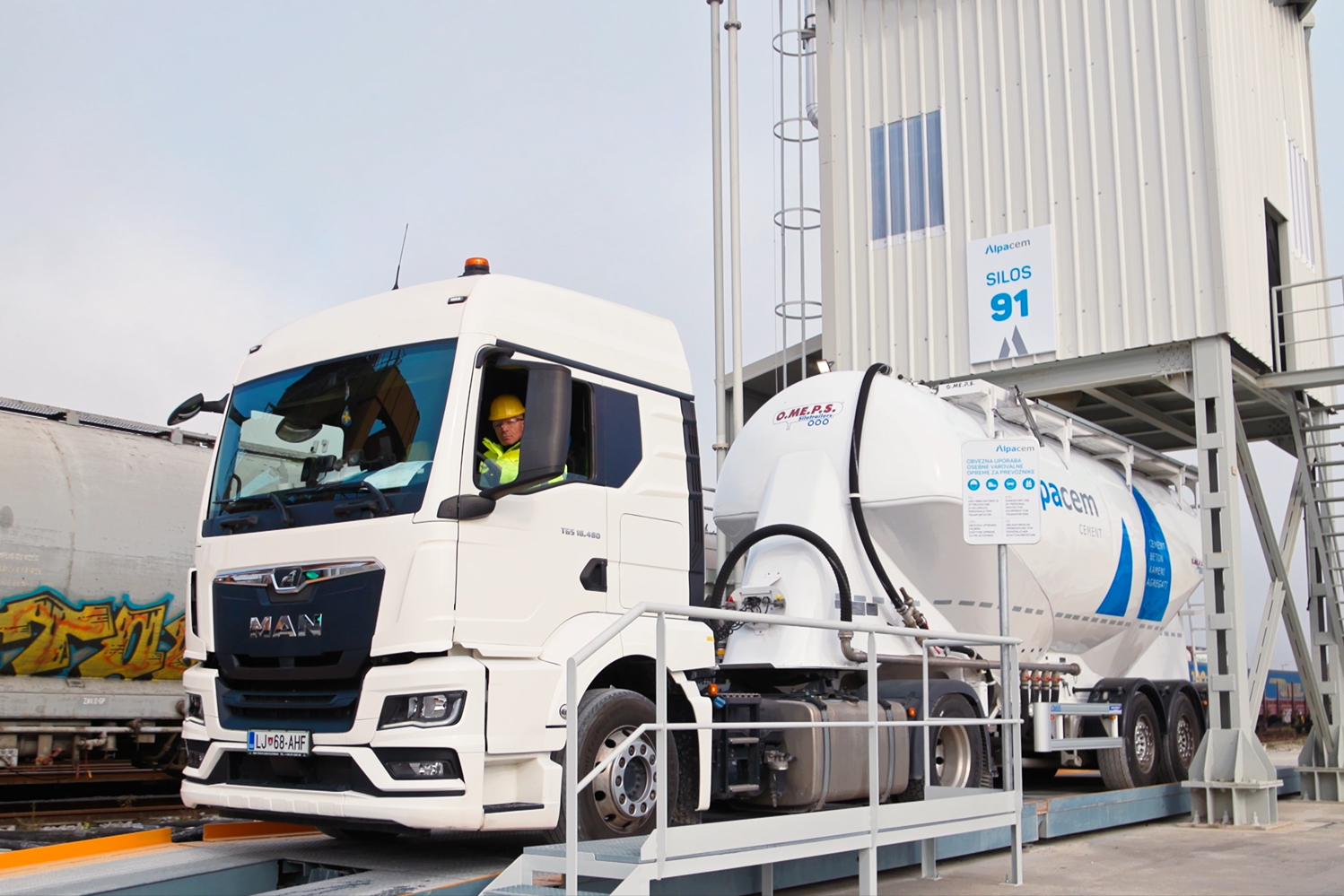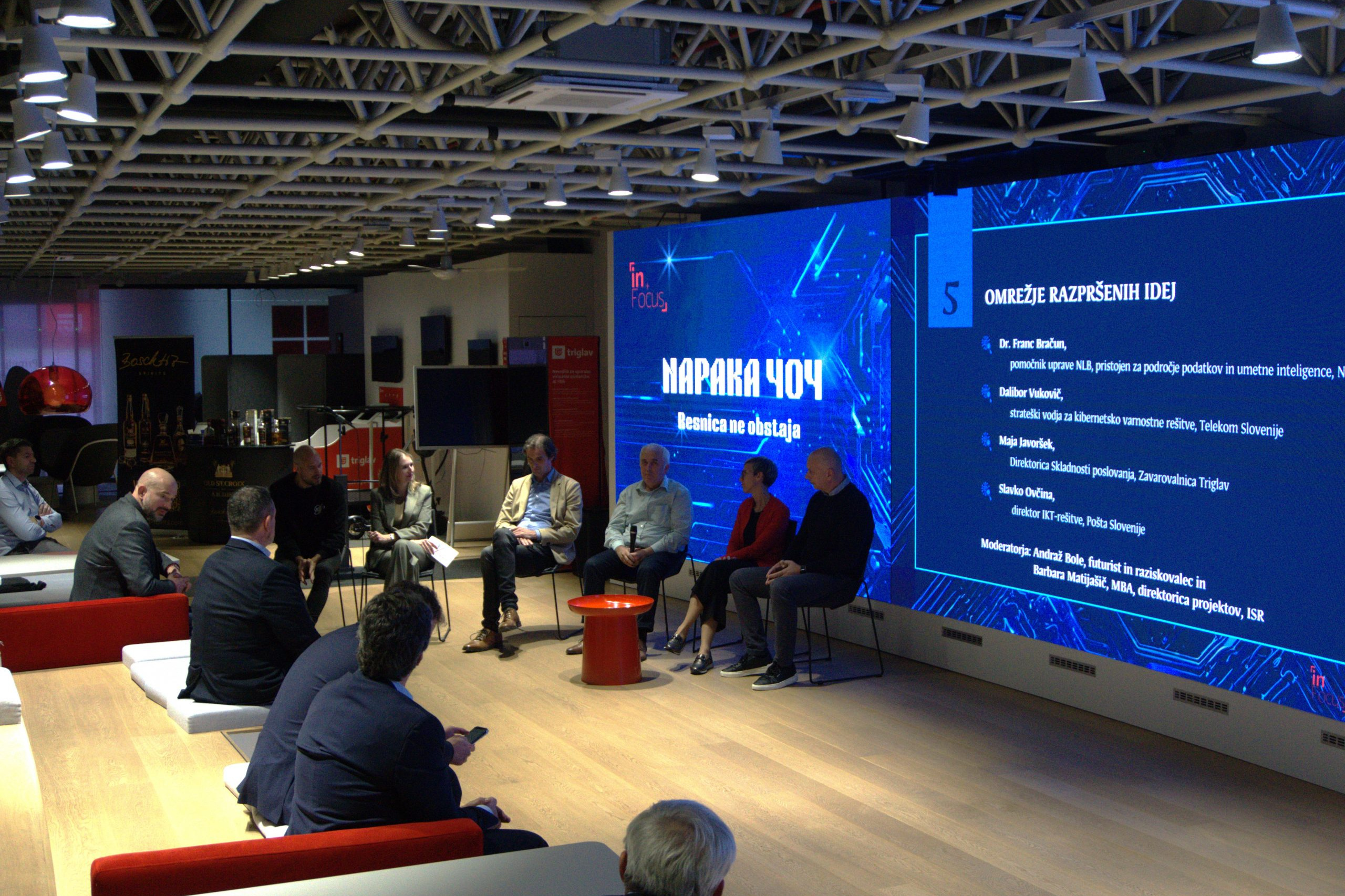NLB Group
Retaining talent in the southeast Europe
NLB Group
IN COOPERATION WITH THE ADRIATIC TEAM
In today's rapidly evolving and hyper-competitive business environment, organizations face a critical challenge: attracting and retaining top talent. In the Balkans the challenge is even bigger as the region has been struggling with the brain drain since the civil wars in 1990s. NLB Group, the leading banking and financial group with headquarters and an exclusive strategic interest in Southeast Europe, recognises the importance of nurturing its workforce. According to Vesta Vodopivec, Assistant of the Management Board of NLB, banks must emphasize their innovative culture, offer competitive compensation packages, and prioritize career development opportunities to attract the right talent. Creating a positive work environment, promoting work-life balance, and implementing effective talent retention strategies are also crucial.
How do you perceive the current dynamics in the labour market? What are the differences between the individual countries where you operate?
In terms of human resources, we are currently facing an unprecedented situation where there is a significant shortage of suitable and qualified workforce in the market. In Slovenia, we have been dealing with such conditions for the past few years, and recently, these trends have also been unfolding in the region. But this is not surprising due to the shifting demographic trends which are further exacerbated by significant emigration, as well as a lower number of graduates from relevant faculties.
How does NLB ensure flexibility for employees in the changing economic conditions?
One of the key measures through which we ensure flexibility is the option of a hybrid work model. This involves a combination of remote and office work in a ratio of 4:1, meaning that employees come to the office a maximum of once a week. However, even this one day is not mandatory if they agree it with their supervisor. At NLB, we strongly encourage remote work, particularly in positions where the nature of the work allows it. We believe that it significantly contributes to improving the quality of life for our employees, while at the same time it helps reduce the bank’s carbon footprint and look after the environment.
If you compare the recruiting process today and 15 years ago, what are the differences in the employee profiles you are seeking and the approach you are using?
The profiles we are seeking today are significantly different from previous years due to the transformation of the bank’s business model. In last few years, we have observed a growing demand for professionals in the IT and data science fields, specifically data scientists, data analysts and translators, data engineers, information systems analysts, software and process developers, and professionals skilled in optimizing user experience. These are general trends, as in all industries, not just in banking: digitalization, automation, and robotics are making these types of profiles increasingly important. Consequently, there is a shortage of these, both in Slovenia and elsewhere in the region.
For instance in 2013, we received up to 500 applications per advertised job opening whereas now the number of applications is much lower, and the candidates are not as suitable as they were in the past.
To successfully address this issue, NLB invests heavily in the education of its employees and enables them for transition into these new sought-after profiles. However, we also emphasize that without a fundamental reconsideration and adaptation of the national educational system, this problem will continue to grow.
What modern trends in the field of human resources do you use? Do they impact the bank’s competitiveness in the region? If so, how?
At NLB, we recognize the importance of being an employer of choice, which is why we annually benchmark ourselves against the best HR practices through the Top Employer certification. We have received this certification for eight consecutive years including 2023. However, the main direction of our HR policy is determined by the proposals and feedback we receive from our employees. We regularly organise focus groups to define initiatives for improvement. Employee engagement surveys are also a traditional practice for us. We conduct leadership competency assessments using the 360-degree feedback method and develop individual development plans to enhance our organizational culture.
Together with our employees, we have formulated three values that all employees strive for: “growing people,” which emphasizes our commitment to continuous learning and personal growth; “encourage entrepreneurship,” addressing our constant drive for innovation, and »improving lives«, with a focus on enhancing the quality of life in our region.
At NLB, we strive for constant progress, and therefore we prioritize the growth and development of all our employees. To this end, NLB has had an Educational Center for over 40 years because we believe that only motivated, healthy, and continuously learning employees can build the bank’s future.

How, in your opinion, can we attract future talents to the region? Does NLB address this issue? If so, how?
In my opinion, we can attract future talents to the region by creating suitable conditions, the prerequisite of which is the competitiveness of the regional economy. NLB invests significantly in talent recognition, primarily seeking talent among our employees. To this end, we have established a talent management strategy that aims to provide a clear, simple, and continuous process for identifying and developing promising individuals within the NLB Group and preparing them for key roles. Additionally, at the Group level, we focus on collaborating with universities to establish connections with potential future employees.
However, in addition to companies, governments also have a role to play in creating a stimulating work environment. I believe that we could attract “digital nomads” to the region, but governments would need to establish a favorable tax environment. The taxation of labour in Slovenia, according to OECD standards, is exceptionally high, which hinders our competitiveness. While taxation in the region may not be as high, there are other barriers that we need to address collectively.
Does NLB have any talent exchange programs between the countries in the region?
All members of the NLB Group have adopted a mobility policy aimed at promoting and encouraging mobility within the entire NLB Group. Since not all countries where the NLB Group operates are members of the EU, cross-border transitions can be somewhat challenging. Therefore, we rely heavily on virtual teams that work on specific tasks and projects. There is a wealth of knowledge in the region, so the NLB Group is establishing its competence centers outside of Slovenia. Specifically, we have established the NLB Digit IT center in Belgrade,formed the Card Competence Center in Skopje, while we have set up the Centre of Excellence in Robotics Process Automation in Sarajevo.
How does NLB promote work-life balance?
At NLB, we pay great attention to balancing family and work life, because we believe that only healthy and satisfied employees make good colleagues. In addition to the mentioned hybrid work model, NLB holds the Family-Friendly Company certificate with 25 measures, but we do not rest on our laurels and continuously introduce new measures. Our employees have access to several measures that allow them to take time off for personal life responsibilities, such as settling children into daycare, accompanying ninth graders on an information day, dealing with exceptional family situations, accompanying a family member to the hospital, and more.
We also place strong emphasis on the health of our employees. We regularly conduct online workshops called “Healthy Bank,” which cover relevant topics such as sleep, maintaining a healthy spine, relaxation techniques, and stress management. We provide external psychological support to employees who are under pressure due to personal or work-related difficulties.
This article was a part of the “Serbia and Slovenia: with the talents of the future for a competitive region” project.
The purpose of this project was to explore the ways in which digital technologies are changing the field of human resources (HR) and to identify best practices for leveraging these technologies and consequently improving results. As part of the project, an event was held in Belgrade where experts from the fields of human resources, education, economy, and technology highlighted trends and plans for implementing digital strategies that can increase employee engagement, productivity, and business results.









